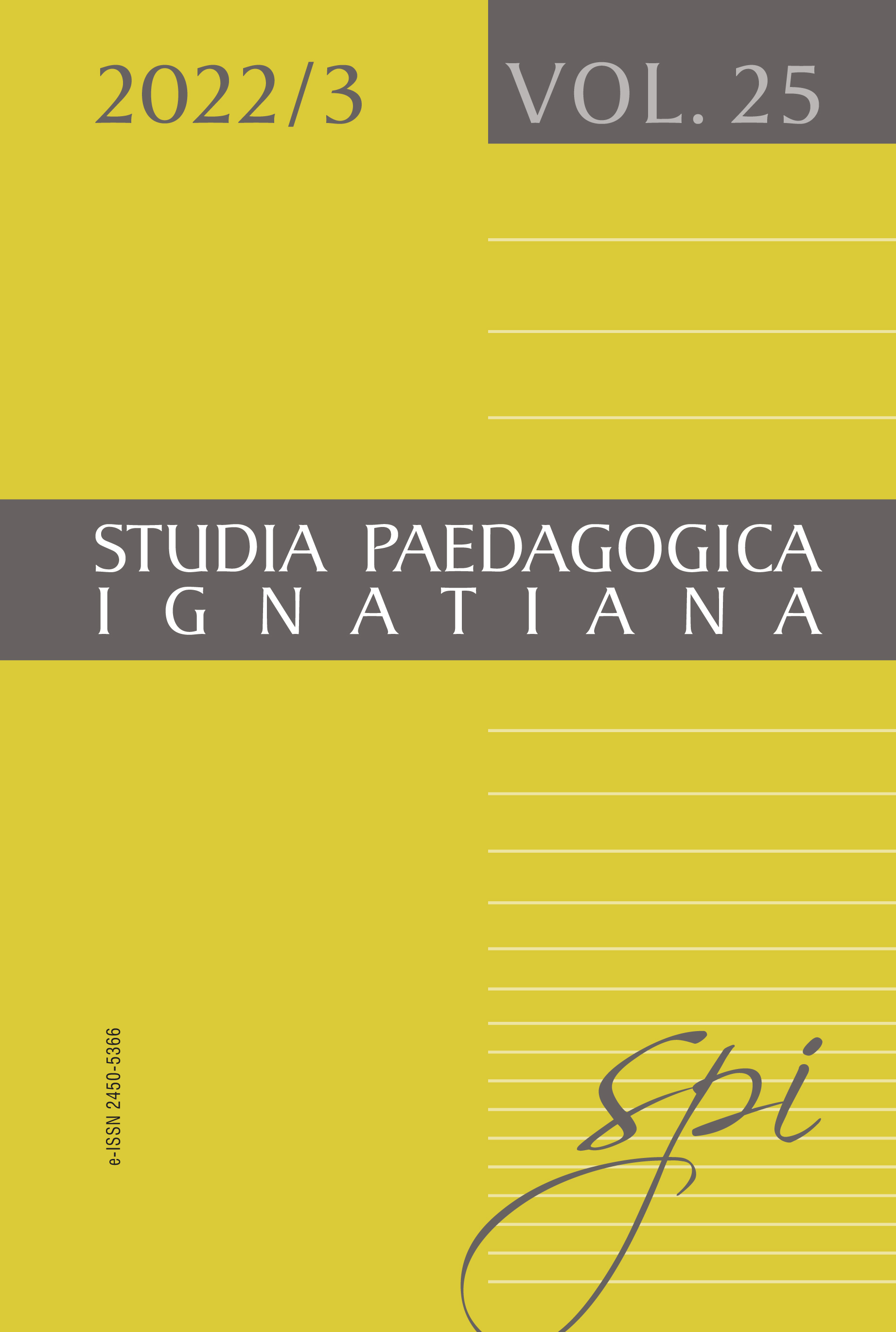Trans-/Posthumanism and the Ethics of Protecting People: Between Possibility and Responsibility
Trans-/Posthumanism and the Ethics of Protecting People: Between Possibility and Responsibility
Author(s): Slawomir ChrostSubject(s): Ethics / Practical Philosophy, Philosophy of Science, Ontology
Published by: Uniwersytet Ignatianum w Krakowie
Keywords: transhumanism;; posthumanism; ethics of protecting people; biotechnological modifications; ethics based on ontology;
Summary/Abstract: The following article addresses anthropology and ethics in the context of bestowing biological and technological modifications on the human being. The starting point of the discussion are the terms transhuman and posthuman and the ethics based on the concept of a person as a human being. The author investigates the question of whether the notion of a human being which we uphold allows for a person to be constructed and manipulated within certain boundaries. The author also proposes that transhumanism – especially posthumanism (due to ontology) – breaks with the classical definition of a human being and rejects the ethics of protecting people. In its place, trans-/posthumanism applies situational and utilitarian ethics. From the point of view of the ethics of protecting people, any qualitative changes are unacceptable (particularly considering the formal cause of a human being). What can be accepted are quantitative changes (regarding the material cause of a human being), on the condition that they protect individuals and their interpersonal relationships.
Journal: Studia Paedagogica Ignatiana
- Issue Year: 25/2022
- Issue No: 3
- Page Range: 19-37
- Page Count: 19
- Language: English

